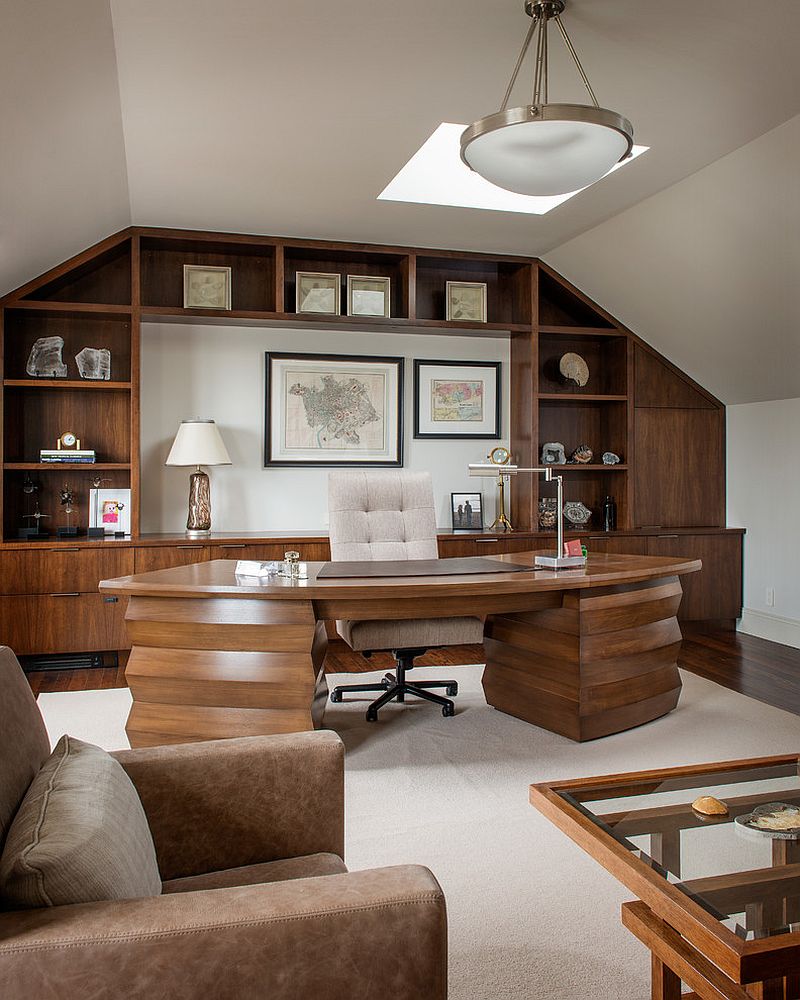
Introduction
With the rise of remote work, having a well-designed home office has become essential. A carefully planned and organized workspace can boost productivity and enhance your overall work experience. In this article, we will explore various aspects of home office design and provide useful tips to create a comfortable and efficient work environment.
Choosing the Right Location
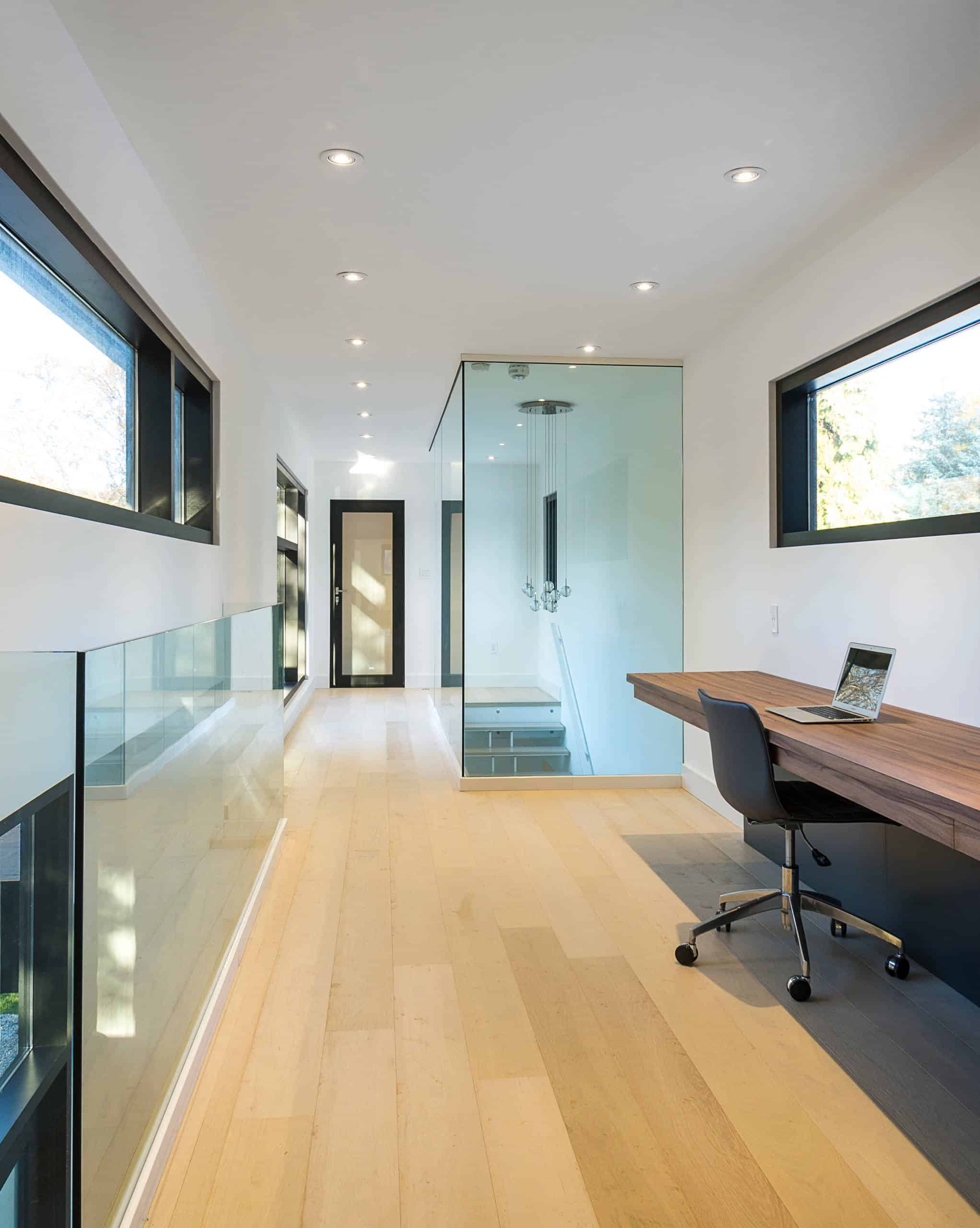
The first step in creating a home office is selecting the right location. Consider a quiet area with minimal distractions. Natural light is also crucial, as it can improve focus and mood. If possible, choose a room with a window or position your desk near one.
Optimizing Ergonomics
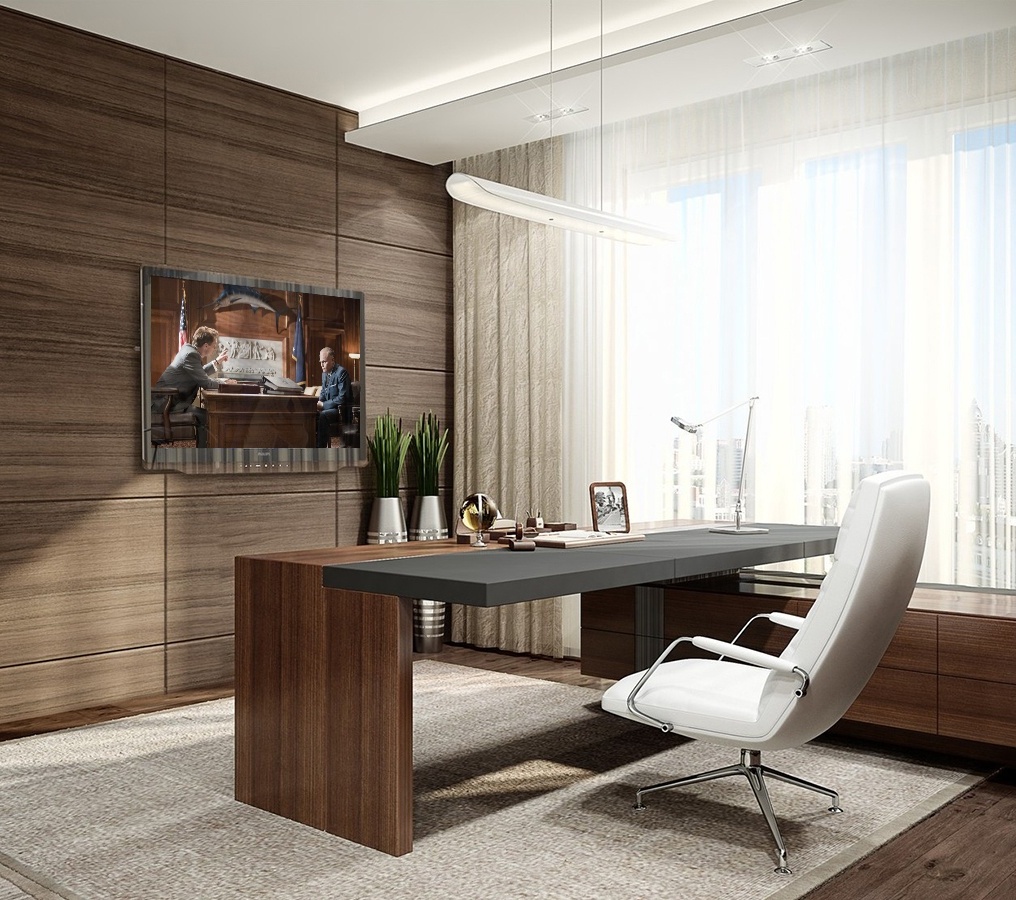
Ergonomics plays a vital role in maintaining good posture and preventing discomfort or injuries. Invest in a comfortable chair with proper lumbar support. Your desk should be at a height that allows your arms to rest comfortably while typing. Additionally, position your computer screen at eye level to avoid strain on the neck.
Creating a Functional Layout

A well-designed layout can enhance productivity by optimizing workflow. Arrange your desk and other essential items in a way that allows for easy access and efficient movement. Consider the proximity of your printer, filing cabinet, and other necessary equipment.
Designing for Inspiration

The aesthetics of your home office can greatly impact your motivation and creativity. Choose colors and decor that align with your personal style and preferences. Adding plants, artwork, or motivational quotes can create a visually appealing and inspiring environment.
Managing Cables and Wires

Keeping cables and wires organized is essential for both safety and aesthetics. Use cable management solutions such as cable clips, sleeves, or cable trays to keep them neatly tucked away. This will prevent tangling and tripping hazards, while also giving your workspace a cleaner look.
Ensuring Sufficient Storage
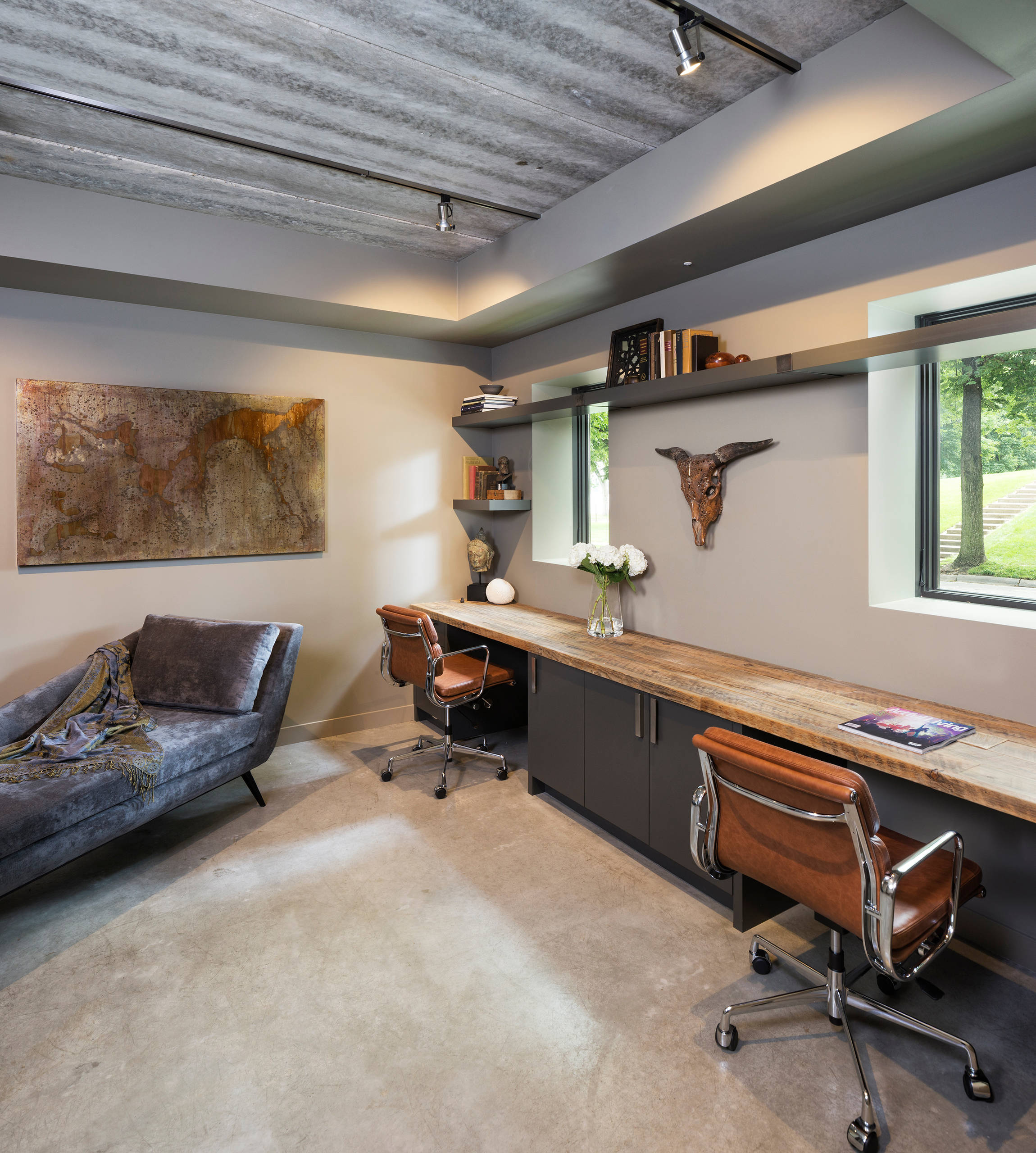
Having sufficient storage is crucial for maintaining a clutter-free workspace. Invest in shelves, cabinets, or drawers to store documents, supplies, and other work-related items. Keep frequently used items within reach and organize them in a way that suits your workflow.
Optimizing Lighting

Proper lighting is essential for reducing eye strain and creating a comfortable atmosphere. Besides utilizing natural light, consider adding task lighting, such as a desk lamp, to provide focused illumination. Avoid harsh overhead lighting that can cause glare on your computer screen.
Minimizing Distractions
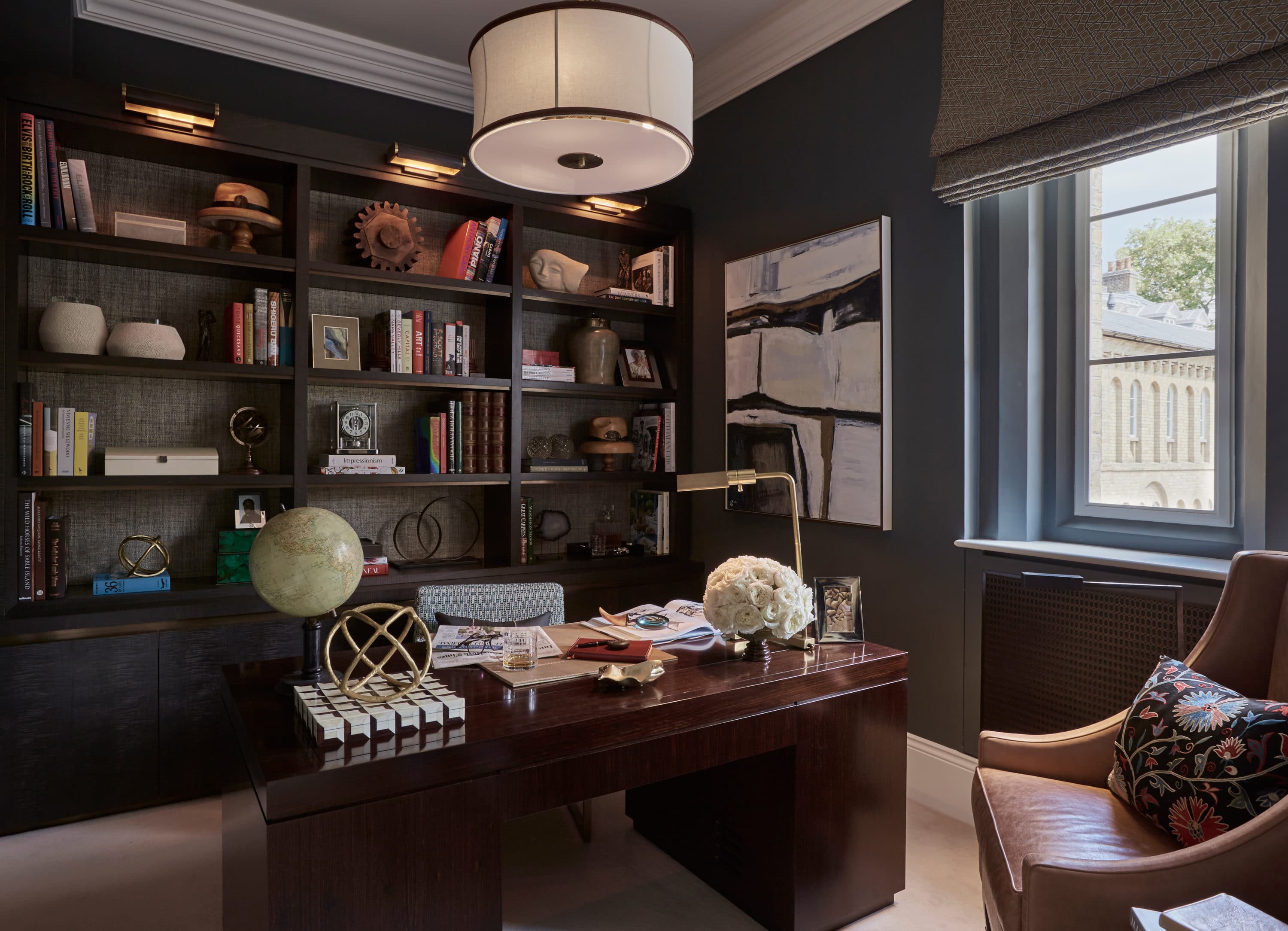
Creating a distraction-free environment is crucial for maintaining productivity. If possible, separate your home office from high-traffic areas or noisy rooms. Use noise-cancelling headphones or background music to drown out external sounds. Additionally, consider using apps or browser extensions to block distracting websites or notifications.
Adding Personal Touches

Make your home office truly yours by adding personal touches that inspire and motivate you. Display photos of loved ones, awards, or meaningful objects. Surrounding yourself with positive reminders of your achievements and aspirations can boost your mood and drive.
Integrating Technology
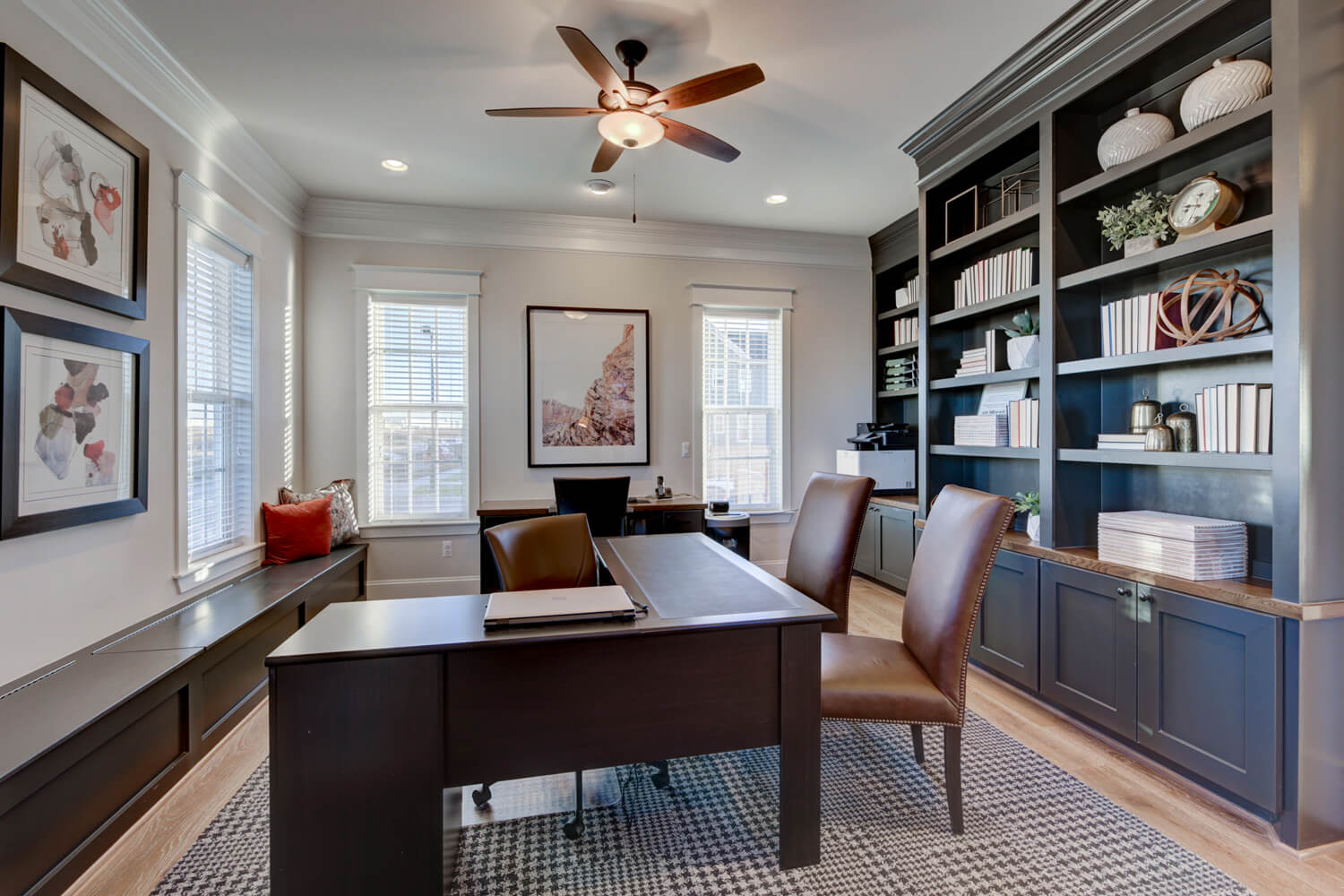
Take advantage of technology to create a more efficient and connected workspace. Invest in a reliable internet connection and consider using wireless devices to minimize cable clutter. Utilize productivity tools, project management software, and communication platforms to streamline your workflow and collaborate effectively.
Maintaining a Clean and Organized Space

Regularly declutter and clean your home office to maintain a productive environment. Establish a filing system for documents and remove unnecessary items from your workspace. Clean your desk, keyboard, and screen regularly to avoid the buildup of dust and germs.
Considering Privacy and Security
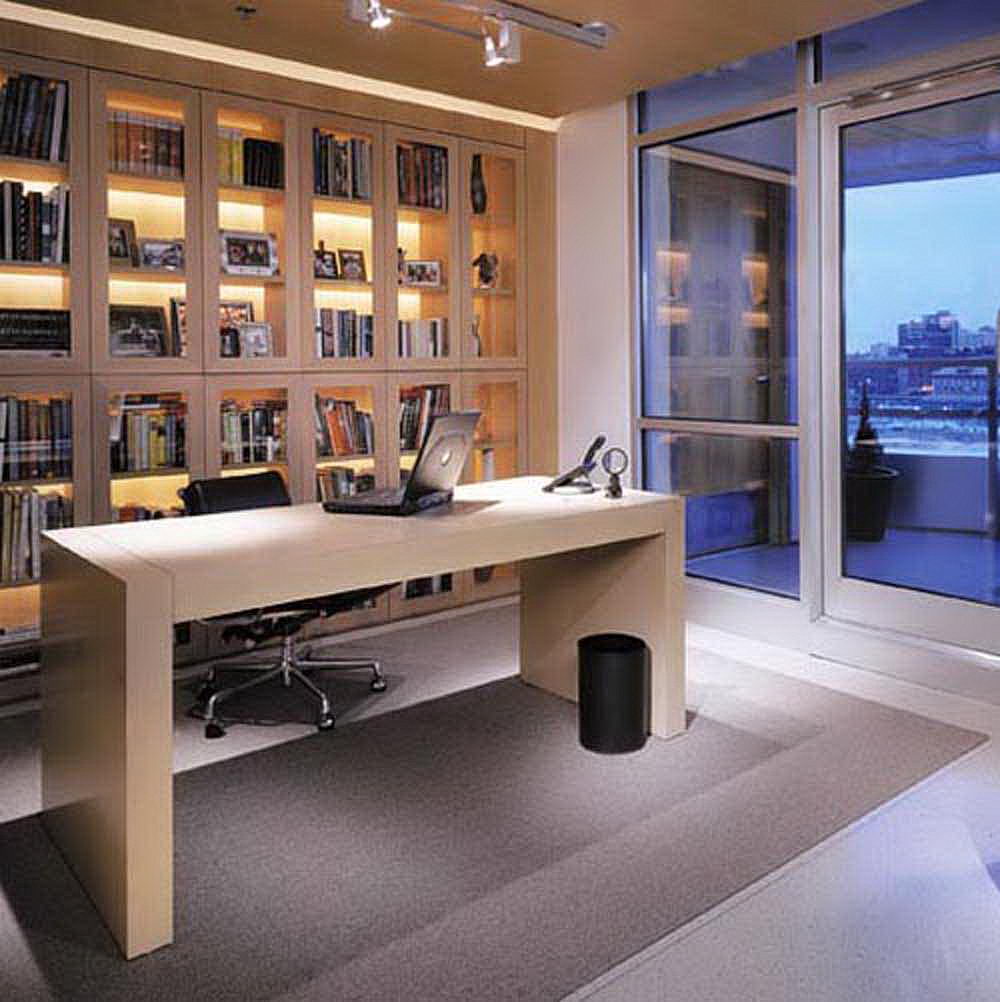
Ensure your home office provides adequate privacy, especially if you handle sensitive information. Consider using blinds or curtains to prevent prying eyes. Install a reliable antivirus software and use encryption methods to protect your digital files and data.
Adding Comfortable Seating

Since you will be spending long hours in your home office, investing in a comfortable seating option is essential. Choose an ergonomic chair with adjustable features to support your back, neck, and arms. A comfortable seat can prevent fatigue and discomfort during prolonged work sessions.
Creating a Green Workspace

Introducing green elements into your home office can improve air quality and create a calming atmosphere. Place indoor plants such as succulents or small potted flowers on your desk or nearby shelves. These plants not only add visual appeal but also help purify the air.
Investing in Quality Equipment

Quality equipment can significantly impact your productivity and overall work experience. Invest in a reliable computer, high-speed internet, and a printer that meets your needs. Consider dual monitors to enhance multitasking capabilities. High-quality equipment will save you time and frustration in the long run.
Creating a Zen Zone
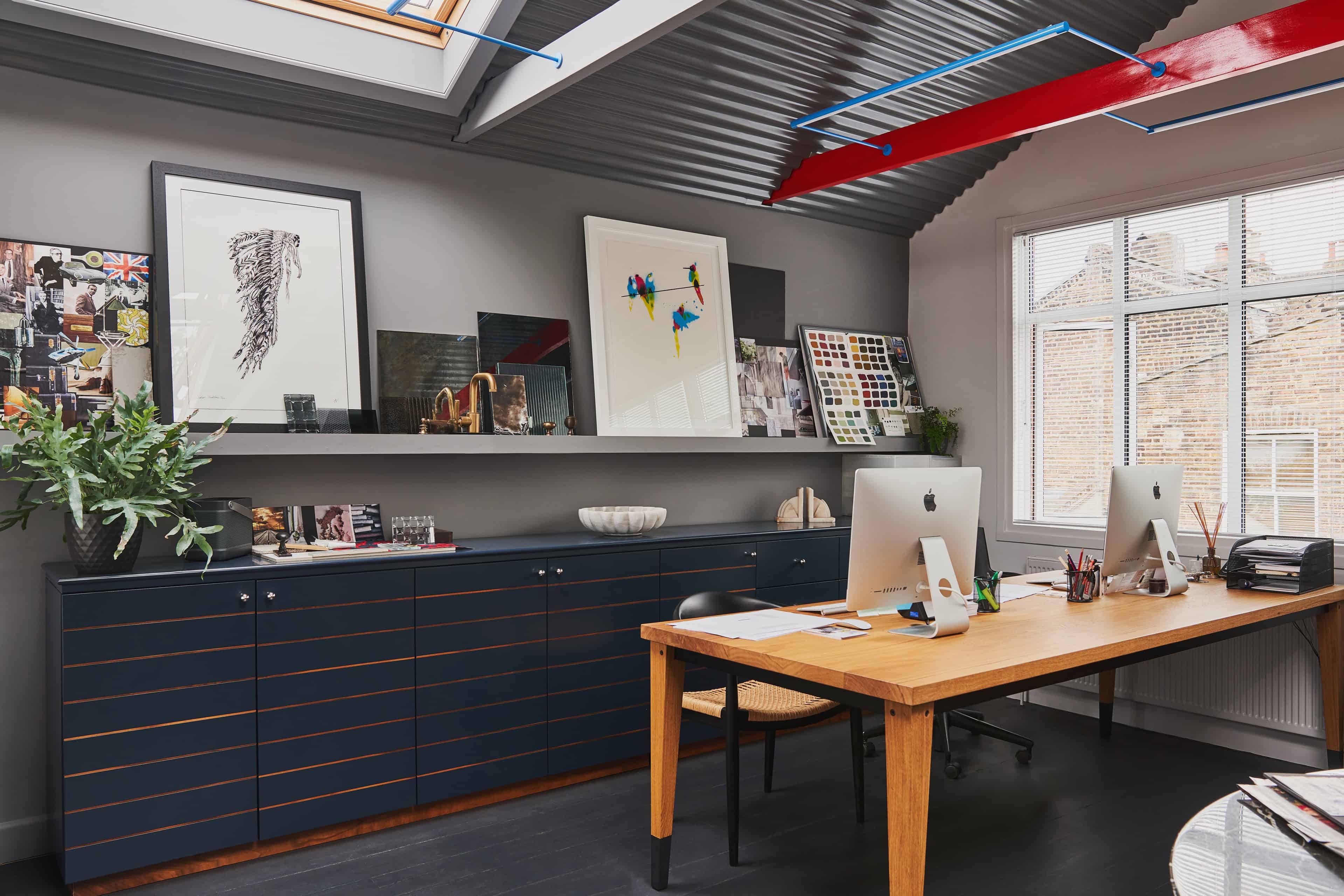
Designing a calm and peaceful environment can help reduce stress and increase focus. Incorporate elements such as essential oil diffusers, soothing colors, or a small meditation corner. Take short breaks to practice deep breathing or meditation to refresh your mind and maintain a positive mindset.
Setting Boundaries and Routine
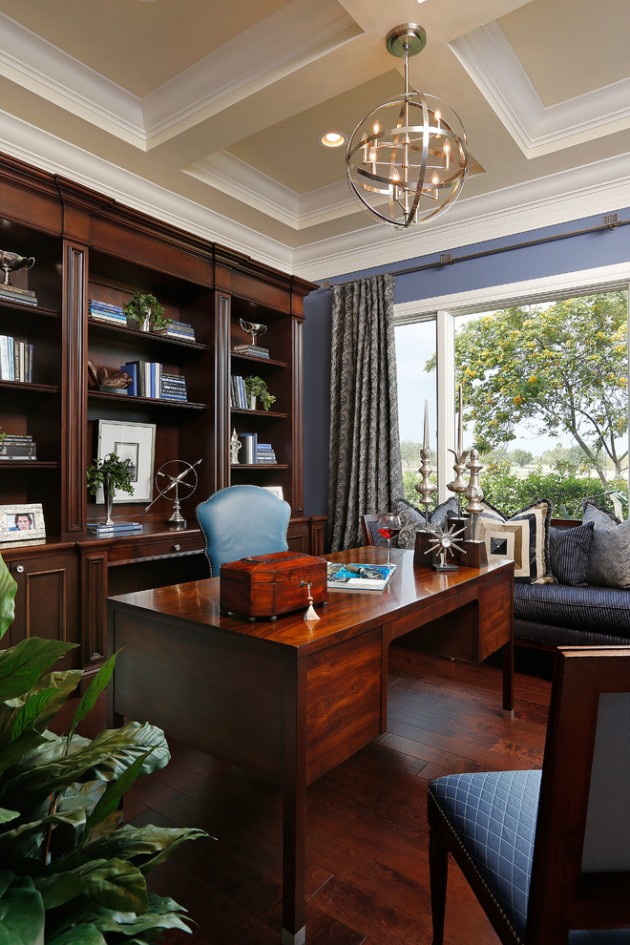
When working from home, it's important to establish clear boundaries between work and personal life. Set specific working hours and inform others in your household about your schedule. Create a daily routine that includes breaks and exercise to maintain a healthy work-life balance.
Choosing Calming Colors

The color scheme of your home office can influence your mood and concentration. Opt for calming colors such as blues, greens, or neutrals. These colors promote a sense of tranquility and relaxation, enhancing your ability to focus and be productive.
Personalizing Your Digital Workspace
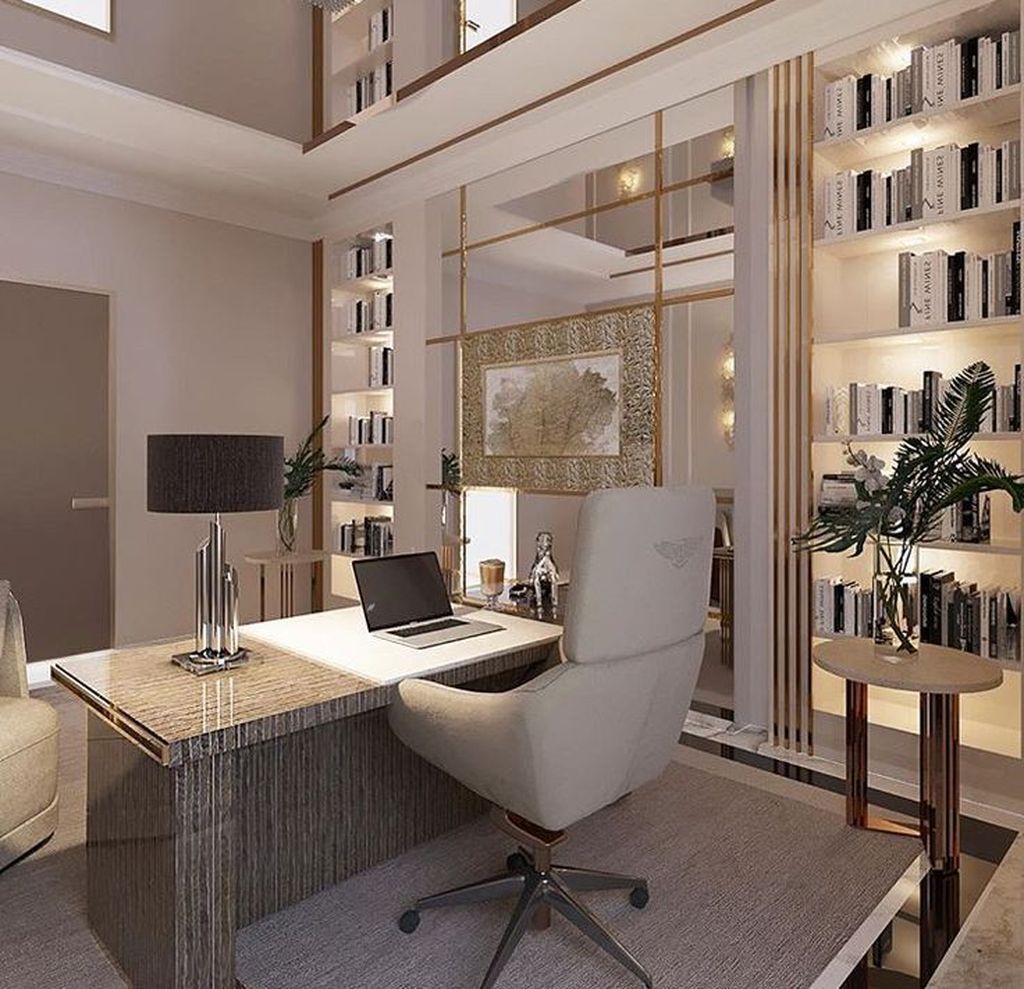
Customize your digital workspace to reflect your personality and make it more enjoyable. Choose desktop wallpapers or screensavers that inspire you. Organize your digital files and folders in a logical manner to improve efficiency and reduce clutter on your computer.
Creating a Focal Point

Create a focal point in your home office to draw attention and provide visual interest. It could be a unique piece of artwork, a statement desk, or a stylish bookshelf. A focal point adds character to your workspace and can serve as a source of inspiration.
Utilizing Wall Space
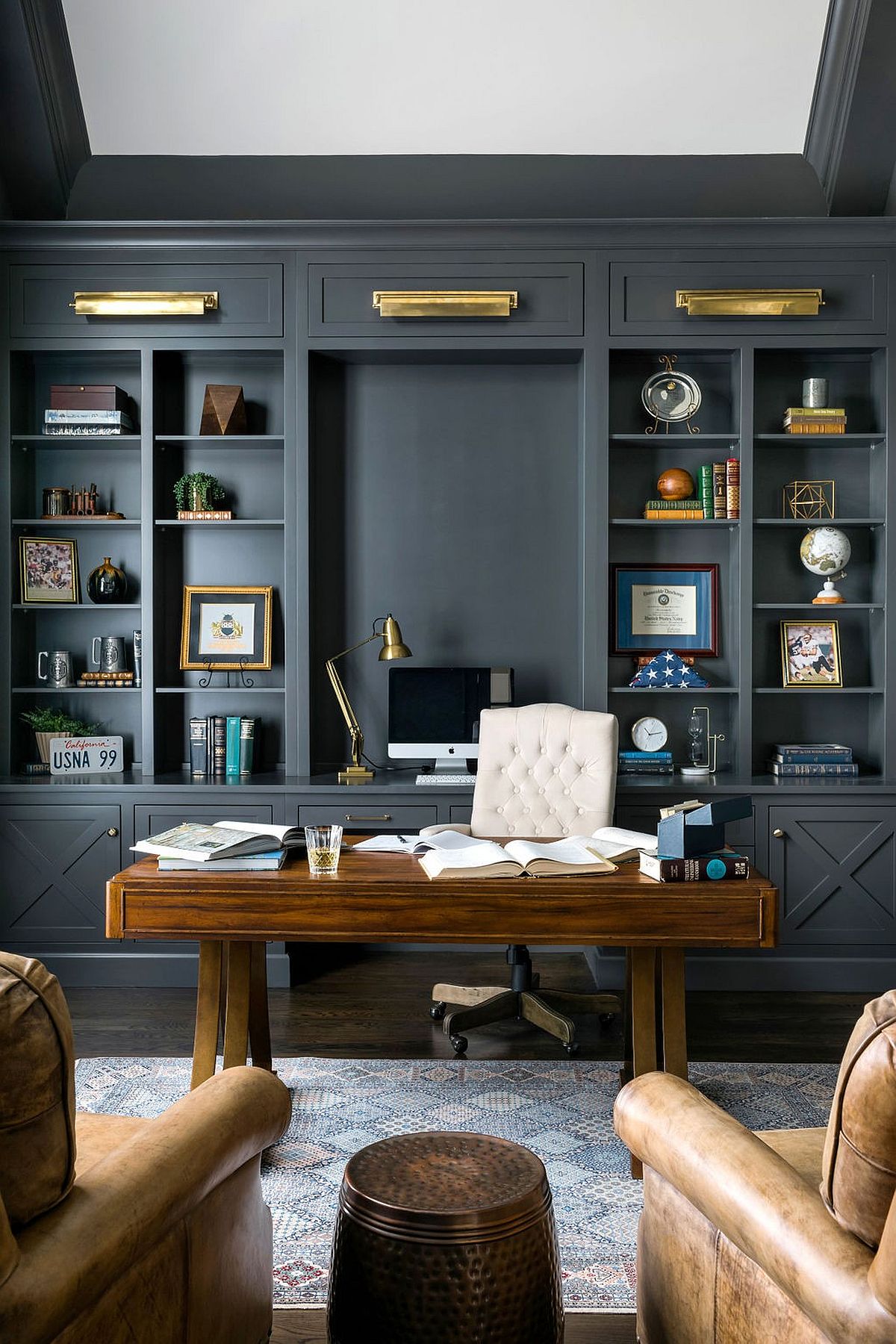
Make the most of your vertical space by utilizing walls for storage or decoration. Install shelves, bulletin boards, or magnetic boards to keep important notes, reminders, or inspiration within sight. This will free up valuable desk space and help you stay organized.
Creating a Multi-Functional Space

If you have limited space, consider creating a multi-functional home office. Invest in furniture that can serve multiple purposes, such as a desk with built-in storage or a foldable table. Incorporate flexible seating options that can be easily rearranged to accommodate different tasks.
Incorporating Inspiring Quotes
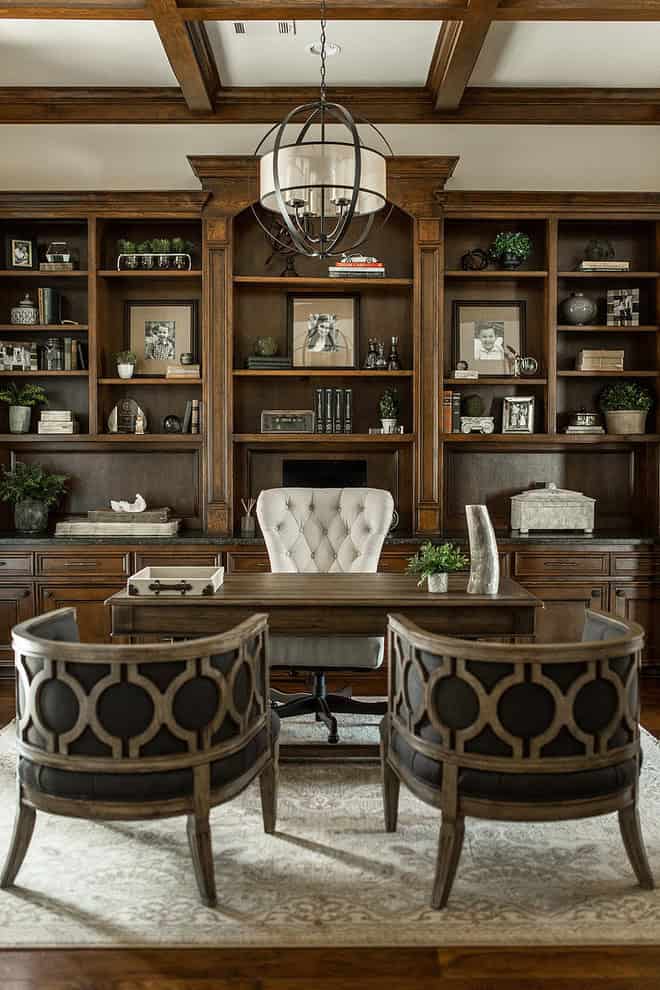
Hang up motivational quotes or phrases that resonate with you in your home office. These quotes can serve as daily reminders of your goals and aspirations. Choose fonts and designs that align with your aesthetic preferences to add a personal touch.
Creating a Nature-Inspired Ambiance

Bring elements of nature into your home office to create a calming and refreshing atmosphere. Use natural materials like wood or bamboo for furniture or decor. Play nature sounds or use a small tabletop fountain to add a soothing auditory experience.
Getting Creative with Storage Solutions
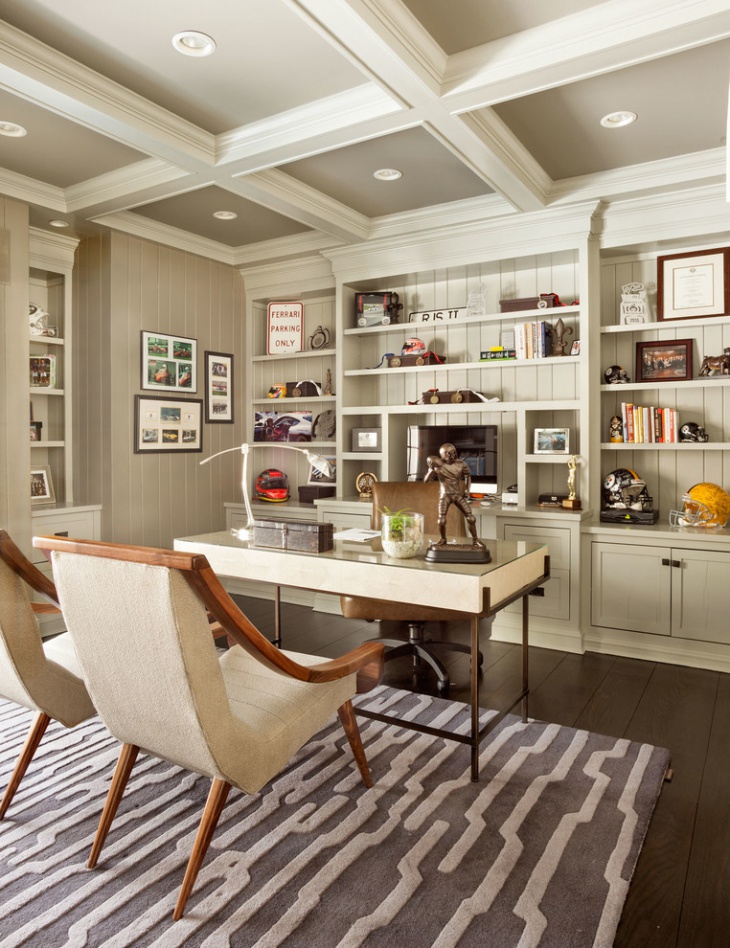
Maximize storage space by using creative solutions. Utilize vertical storage options like wall-mounted shelves or hanging organizers. Repurpose items like mason jars or decorative boxes for storing smaller office supplies. Customizing storage solutions can add a unique touch to your home office.
Adding Soft Furnishings
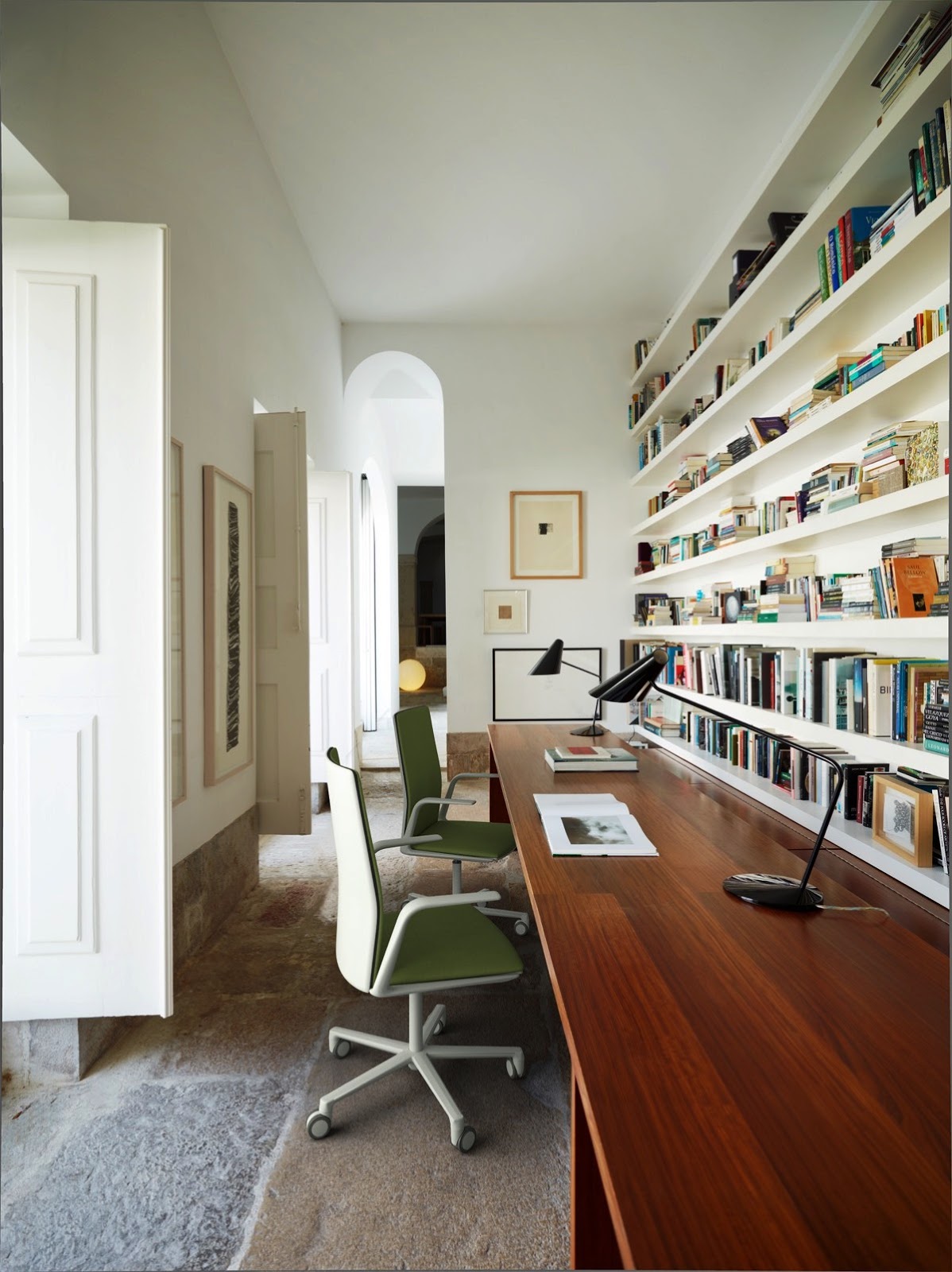
Add comfort and warmth to your home office by incorporating soft furnishings. Place a cozy rug under your desk or an armchair for added comfort. Decorative cushions or curtains can also enhance the visual appeal of your workspace.
Creating a Gallery Wall

Turn a plain wall into a personalized gallery by displaying artwork, photographs, or inspirational quotes. Arrange them in a visually pleasing manner, and use frames that complement your overall office design. A gallery wall adds character and provides a source of inspiration.
Organizing Digital Files

Keep your digital files organized to improve efficiency and save time. Create folders with clear labels and use subfolders to categorize documents. Regularly declutter your digital workspace by archiving or deleting unnecessary files. Utilize cloud storage or external hard drives for backup and easy access.
Creating a Cozy Reading Nook

If space allows, create a cozy reading nook within your home office. Add a comfortable chair or bean bag and a small bookshelf. This cozy corner can serve as a retreat during breaks or a place to unwind after a long day of work.
Bringing in Natural Light

Natural light not only enhances the aesthetics of your home office but also provides numerous health benefits. Position your desk